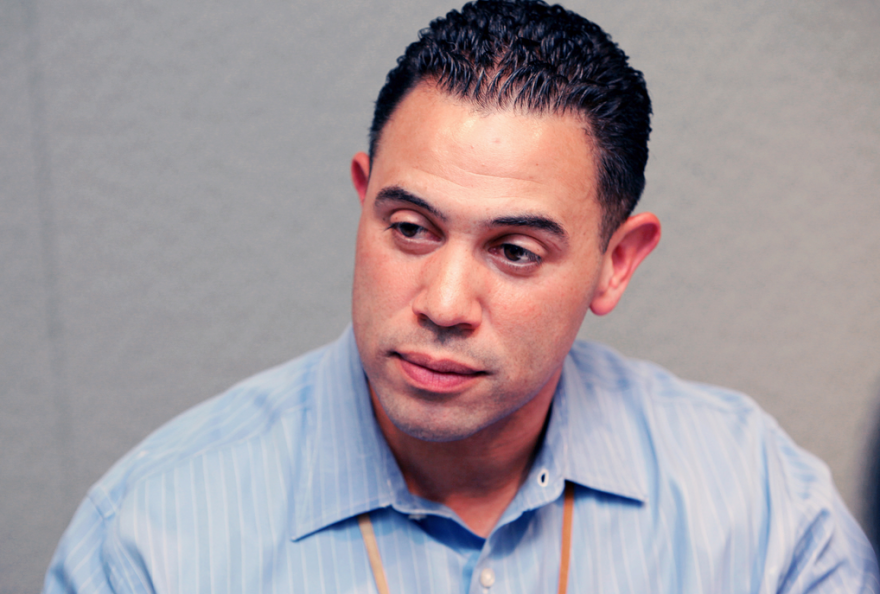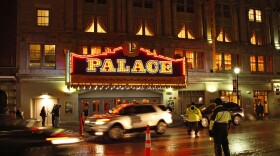
Rodney Butler said casinos go to great lengths to identify and turn away problem gamblers.
Connecticut is one step closer to adding more casinos. The legislature's public safety and security committee voted this week 15-to-eight in favor of the legislation.
Under the proposal, the gaming venues would be run jointly by the Mohegan and Mashantucket Pequot tribes in an effort to stem the tide of Connecticut residents expected to cross state lines to gamble in casinos being built in Massachusetts and New York state.
Republican State Senator Tony Hwang opposes the legislation. "The opportunity to expand gambling, and literally bring it to the doorsteps of our residents, really increases the opportunity of building new populations, and cadres of problem gambling addiction," said Hwang, speaking on WNPR's Where We Live.
But Rodney Butler, Chairman of the Mashantucket Pequot Tribal Nation, said casinos go to great lengths to identify and turn away problem gamblers.

Kevin Brown said the lottery contributes the most to problem gaming.
"We don't just remove people, or walk them out and say 'Hey, take a break. Come back and gamble in an hour.' We exclude them from the property," said Butler. "Then we have very, very high-tech surveillance systems that track people -- facial recognition, and so forth. We can identify someone who's been excluded, send over security, and remove them."
Kevin Brown, Chairman of the Mohegan Tribe, said he doesn't think a new casino will be the "beacon for all problem gamers," and placed the blame on other forms of gambling.
"In our public hearing just the other day, it was identified that it is in fact the lottery that produces the largest portion of the problem gaming population because of that lack of restriction and regulation," Brown said. "You can go to the store, buy a gallon of milk, and buy a lottery ticket."
Brown said just 2.8 percent of people who gamble at Foxwoods and Mohegan Sun have a gambling problem.





